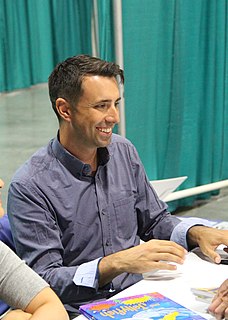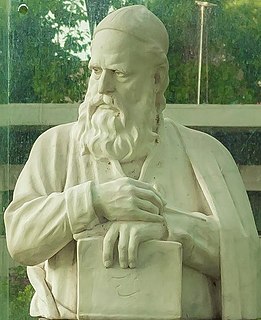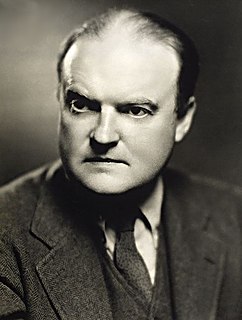A Quote by Adam Langer
I have the same fantasy every time I read a book I love, no matter who wrote it, no matter when it was written. That the author has written his book only for me.
Related Quotes
I was shocked at college to see one hundred of my classmates in the library all reading copies of the same book. Instead of doing as they did, I went into the stacks and read the first book written by an author whose name began with Z. I received the highest grade in the class. That convinced me that the institution was not being run correctly. I left.
You have read very good books, I am sure; there is an excellent book however, that never grows old; it is the one that God has written on every plant, on every grain of sand, in yourself; it is the book of Divine love. Give, therefore, your preference to that beautiful book and add to it a few pages of admiration and gratefulness. Read and understand all other books in the light of this one.
Wildlife was the only thing we've written together with Paul Dano. It's based on a book by this author Richard Ford, who just published a memoir about his family that's really wonderful. Paul fell in love with his book, and we optioned it ourselves, and he took a first pass at writing it. He asked me for notes, and then our note session devolved into an argument really quickly.
Wormholes were first introduced to the public over a century ago in a book written by an Oxford mathematician. Perhaps realizing that adults might frown on the idea of multiply connected spaces, he wrote the book under a pseudonym and wrote it for children. His name was Charles Dodgson, his pseudonym was Lewis Carroll, and the book was Through The Looking Glass.
'Life's That Way' was an extraordinarily difficult book to write, because it wasn't written as a book. It was written as a journal of events that were happening as I wrote it, without the space or time either to digest or analyze those events and without the hindsight and peace that writing in the aftermath would have provided.
Lifes That Way was an extraordinarily difficult book to write, because it wasnt written as a book. It was written as a journal of events that were happening as I wrote it, without the space or time either to digest or analyze those events and without the hindsight and peace that writing in the aftermath would have provided.

































